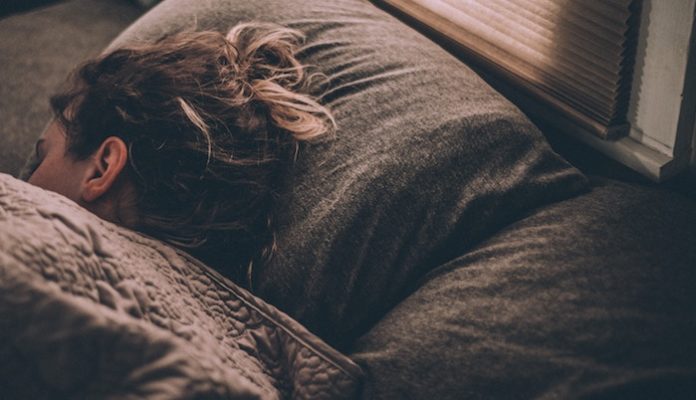’m sure you’ve heard the generic advice telling you that, “Everyone needs exactly eight hours of sleep.” But is it true? Do humans all need to get exactly eight hours of sleep? Well, it turns out that the answer isn’t as simple as everyone tends to assume. There’s no official medical or scientific consensus that eight is the “magic sleep number” for each of us.
So where do the “eight hours” claim come from? It’s likely the result of an assumption. The average adult needs anywhere between seven and nine hours of sleep. Somewhere along the way, this morphed into a belief that eight hours of rest works for everyone.
First, Your Sleep Needs Change Based On Your Age
It might surprise you, but the amount of sleep you need each night largely depends on your age. Newborns must sleep anywhere between 14 and 17 hours per day. As humans age, we need less and less rest each night.
However, if there’s one age group that’s really suffering from sleep deprivation, it might be teens. The average teenager requires anywhere from nine to ten hours of rest. This age group is also biologically prone to struggling to wake up before 8 a.m. Despite this, the American school system requires them to be up and ready for school much earlier.
It’s essential for you to be mindful of the recommended amount of sleep for your age group. For the record, there’s no real evidence that adults are meant to sleep less as they advance into old age. It’s often certain conditions unrelated to aging that lead to sleep deprivation in senior citizens.
Second…There’s No Making Up For Lost Sleep
While it’s true that some of us need less sleep than others, a lack of proper rest can have serious consequences. Research shows that getting less sleep each night increases your risk of diabetes, heart disease, obesity, and even depression.
So perhaps you’re cutting back on sleep so that you can study for a big test, but promise to make it up to yourself by sleeping in over the weekend. Well, there’s bad news there, too. Scientists found that even if subjects are allowed to sleep more than eight hours to recover from previous nights of inadequate sleep, they didn’t recover immediately.
There was no way to close the deficit brought on by prolonged lack of sleep. In fact, researchers aren’t sure how much sleep is necessary to undo the damage caused by sleep deprivation. They theorize that humans just never evolved to make up for sleep loss because it makes no sense from an evolutionary standpoint.
While a lack of adequate sleep continues to be a uniquely human problem, it may be some time before we’re able to find sensible solutions to this very modern problem.
It seems the answer to the question of whether each of us needs eight hours of sleep will never be truly known. Instead, it’s best to focus on your individual needs. Are you practicing good sleep hygiene? You might need to purchase a CPAP machine or space heater to sleep easier. Or it could be as simple as getting to bed at a reasonable hour. Whatever works for you, stick with it to enjoy the best possible rest each night.


